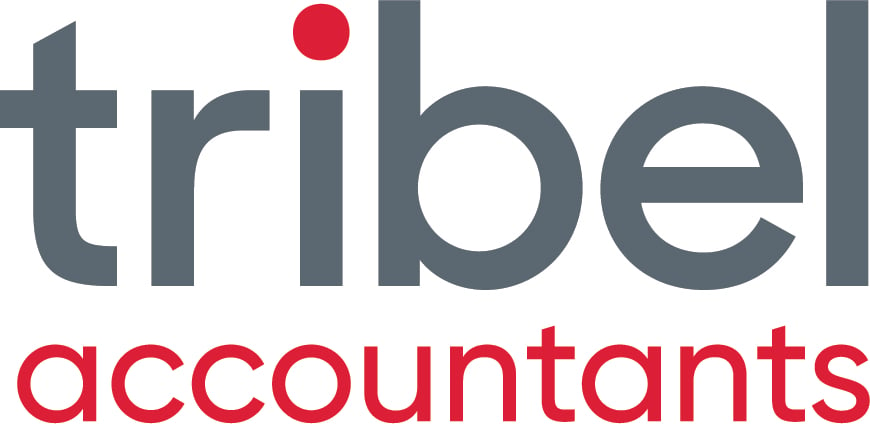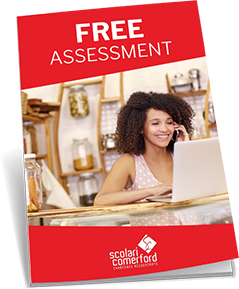INTRODUCTION:
In one of my earlier posts I talked about the importance of not being Captain Risky or if you were going to be, at least go into something by giving yourself the best possible chance! Time and time again I see people who have gone and bought a business but not having done their proper due diligence and often with disastrous consequences. When working out how to buy a business, getting a business valuer will more often than not give you peace of mind whether you are paying the right price.
When determing what is a reasonable market price, business valuers will often address some of the risk areas for you so you don't make an expensive mistake.
So what are some of the things that business valuations will address as part of the due diligence process?

Figure 1: Do your due diligence when performing business valuations and celebrate a great deal and opportunity!
1. Does the business make consistent profits?
Whilst it's true that you would want to buy a business that is increasing its profits, I am always suspicious of figures that are given to prospective buyers whereby the profits appear to be going gangbusters over the past couple of years after years of seemingly little return.
What has changed to make the profits better or has there been a little creative accounting somewhere? Do the key performance indicators make sense and are they in line with normal benchmark figures such as gross profit margins, expenses as a percentage of revenue etc?
Was there a business plan and cash flow forecast performed and how did the cash flow into the business from the profits shown? Businesses that make a lot of money that don't have good cash flow either sell at a discount or there could bve an error in the figures provided. If cash flow forecasts are never performed, this would raise a concern as to whether the business owner has really been running ity properly.
2. Do the tax returns and BAS's agree to the figures given?
To check figures given to you, ask to see tax returns (usually prepared by a small business accountant) so that you can see that these were declared to the tax man. Sometimes you will see they don't agree and you should then find out why this might be the case.
On the other hand though, never buy a business on a vendor's story that the business makes more than it shows and that a lot of cash is not recorded so less tax is paid. This maybe true but often this turns out to be not the case. A business owner who tells you this in my experience is more likely to have other skeletons in their business closet.

Figure 2: Let the worry of paying too much for a business subside with a business valuation.
3. is the business reliant on only a few customers?
Do a comparison of sales by customers for the past 3 years. Do some of these represent say 80% of the turnover? If so, imagine if one or 2 of them left? Moving in to the future, are all of these still customers prior to the prospective purchase? Ask these questions and seek evidence or as a minimum ask for a clawback clause in the purchase agreement so that if any of these leave within the next 12 months to 3 years a lower business purchase price is ultimately paid. If this cannot be agreed to, consider dropping your offer as the risk for you is higher.
4. unusual income and expense items
Be careful to review all revenue and analyse to see if there has been any unusual income or expenses in each of the previous 3 years.
For example, the business may have been awarded a 'once-off' contract with the governement or customer that won't be there into the future. Similarly with expenses, were some of these reduced due to timing issues (e.g. insurance) or some special limited life suppllier deal which expires or will expire? All of these should be adjusted for when working out the likely sustainable earnings of the business.
5. can government policy affect business performance?
It's important to consider any government regulations that have either just happened or are tipped to happen that could hinder profits into the forseeable future. A good example of this is the smoking laws that affected the hotel industry. Do as much research as possible as to the prospects of the industry you are looking at purchasing. These reports can be obtained by associations or by research bodies such as IbisWorld.

Figure 3: When looking to buy a business, be sure to get a view from the top!
6. what adjustments need to be made when assessing true profitability?
Alwasy look at the true performance of business by allowing for reasonable salaries and other arms-length transactions such as rent (where the building is owned by a related party to the vendor). Many get caught by this because the owners might not show a salary ofr themselves in the profit and loss statement (e.g. because of a trust, partnership or sole trader entity) or if they do it doesn't reflect the many hours and the duties they have performed which if they had to be paid to an employee would show a much lower profit and in some cases a loss! Sometimes vendors own the premises through a related entity and quite often show no rent at all or a cheap non-armslength rate of rent. Be sure to look for these types of things so you can 'normalise' the profit.
CONCLUSION
It's fairly obvious that any business valuation that based on financial statements alone is fraught with danger. An experienced business valuer should be able to pick these things noted above and more when assessing any business valuations they perform.
Accountants and business advisors should make their clients aware of the need to do the assessments carefully. Failure to address some of these issues can lead to a financial disaster and one that could have been well and truly avoided. Highlighting some of the risks could potentially save you hundreds of thousands of dollars and can be used in the negotiating process.


.png?width=100&height=100&name=COVID_Safe_Badge_Digital%20(002).png)




